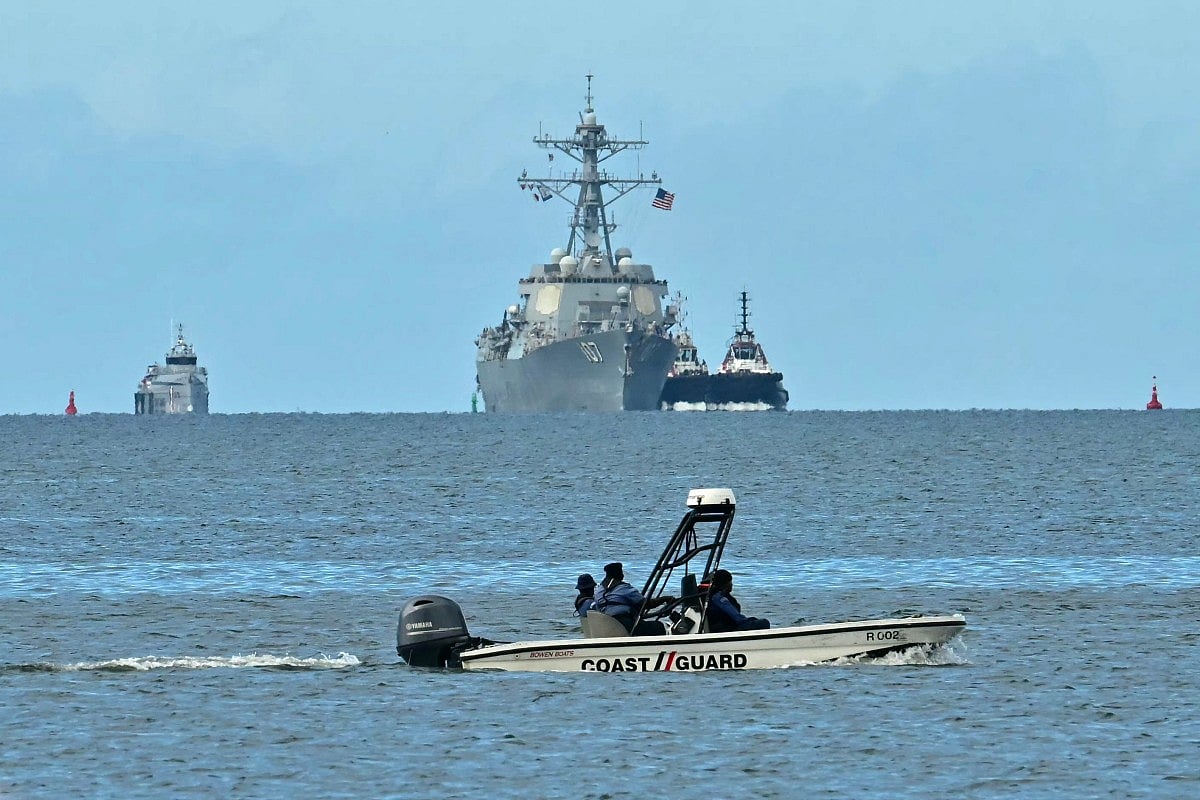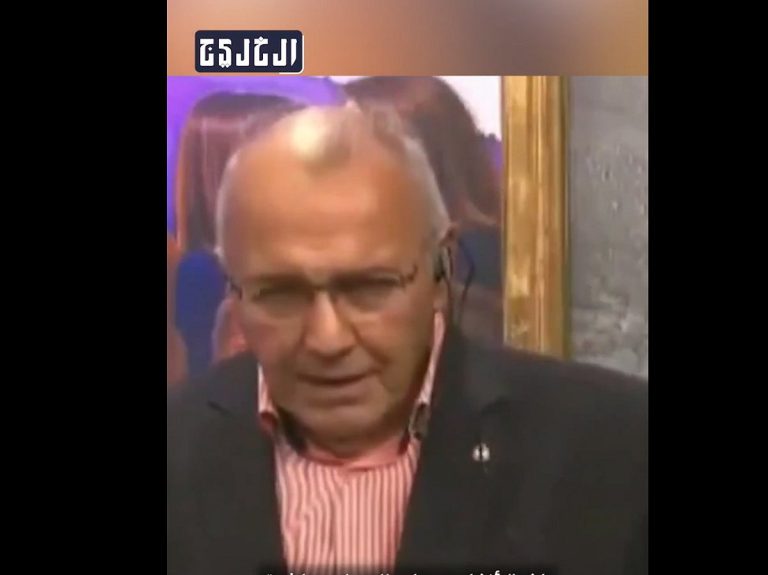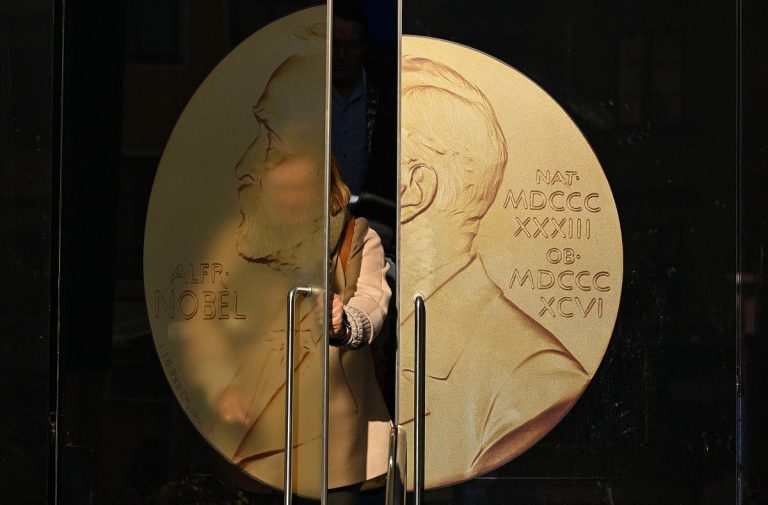Venezuela Suspends Energy Deal with Trinidad and Tobago
Venezuelan President Nicolas Maduro has taken a significant step by suspending an energy agreement with Trinidad and Tobago. This decision comes in response to the island nation’s recent welcoming of a U.S. warship, which Maduro perceives as a direct threat to Venezuela’s sovereignty.
In a televised address, Maduro declared the “immediate suspension” of the energy accord, criticizing Trinidadian Prime Minister Kamla Persad-Bissessar for allegedly aligning her country with U.S. military interests. He described Trinidad and Tobago as being transformed into “an aircraft carrier of the American empire against Venezuela,” reflecting heightened tensions in the region.
Background of the Energy Agreement
The suspended energy agreement was intended to facilitate cooperation between Venezuela and Trinidad and Tobago in the energy sector. This partnership was seen as beneficial for both nations, particularly in terms of gas supply and economic collaboration.
Regional Implications
Maduro’s decision may have broader implications for regional stability and energy dynamics. The suspension could affect energy supply chains and economic relations not only between Venezuela and Trinidad and Tobago but also with other Caribbean nations.
FAQs
Why did Maduro suspend the energy agreement?
Maduro suspended the agreement in response to Trinidad and Tobago’s welcoming of a U.S. warship, which he views as a threat to Venezuela’s sovereignty.
What was the purpose of the energy agreement?
The energy agreement aimed to enhance cooperation in the energy sector, particularly concerning gas supply and economic collaboration between Venezuela and Trinidad and Tobago.
How might this suspension affect regional relations?
The suspension could strain relations between Venezuela and Trinidad and Tobago and may disrupt energy supply chains and economic ties in the Caribbean region.
Conclusion
The suspension of the energy agreement by Venezuela marks a significant escalation in tensions with Trinidad and Tobago, driven by geopolitical concerns. Moving forward, the situation will require careful monitoring as both nations navigate the implications of this decision on their bilateral relations and regional stability.
The energy agreement between Venezuela and Trinidad and Tobago was established to enhance collaboration in the energy sector, particularly in natural gas exploration and production. Trinidad and Tobago, which has a well-developed energy infrastructure, has historically relied on Venezuelan gas supplies to meet its domestic energy needs and support its liquefied natural gas (LNG) exports. The partnership was seen as a means to bolster economic ties and ensure energy security for both nations, especially given the challenges faced by Venezuela’s oil industry due to sanctions and domestic issues.
Maduro’s decision to suspend the agreement is not only a reaction to the recent military developments but also reflects the broader geopolitical landscape in the Caribbean and Latin America. The United States has been actively engaging with various nations in the region, promoting security cooperation and countering the influence of countries like Venezuela and Cuba. This shift in alliances can lead to increased tensions, as nations like Venezuela perceive U.S. military presence as a direct challenge to their sovereignty and regional autonomy.
The fallout from this suspension could extend beyond bilateral relations, potentially impacting regional energy markets. Trinidad and Tobago may need to seek alternative sources for its energy needs, which could lead to increased competition for gas supplies in the Caribbean. Additionally, other nations in the region may reassess their own energy partnerships and security alignments in light of this development. The situation underscores the delicate balance of power in the Caribbean, where energy resources are critical not only for economic stability but also for political leverage.
As the geopolitical landscape continues to evolve, the implications of Maduro’s suspension will likely be felt across the region. Analysts will be watching closely to see how Trinidad and Tobago responds to this escalation and whether it will seek to mend ties with Venezuela or further align itself with U.S. interests. The outcome of this situation could set a precedent for future energy agreements and diplomatic relations in the Caribbean, highlighting the intricate interplay between energy security and international politics.
Also Read:
Bihar Elections: Political Tensions and Alliances Emerge
Japan’s Prime Minister Takaichi Seeks Stronger U.S. Ties







